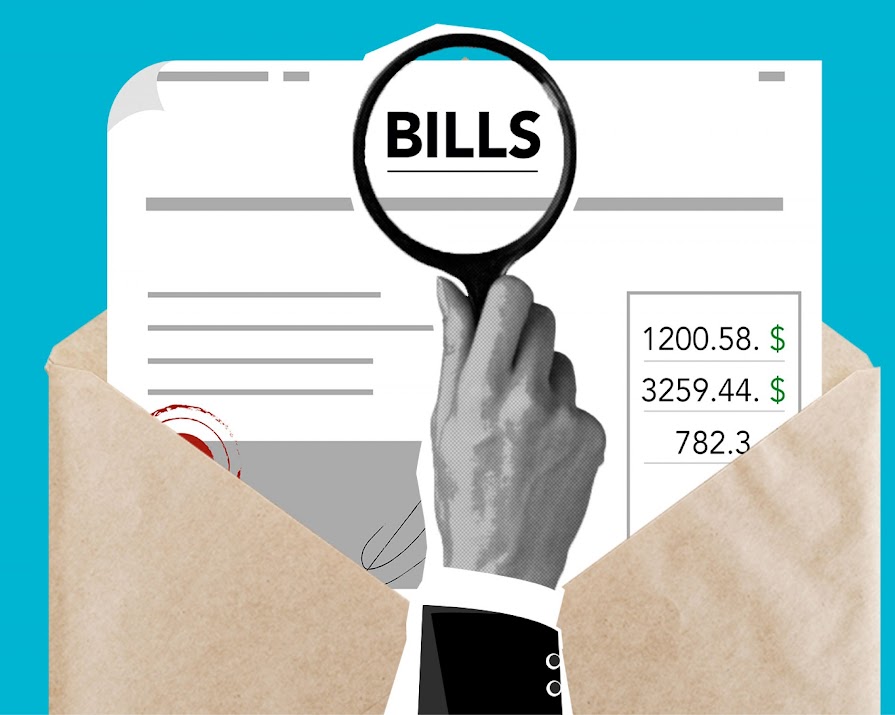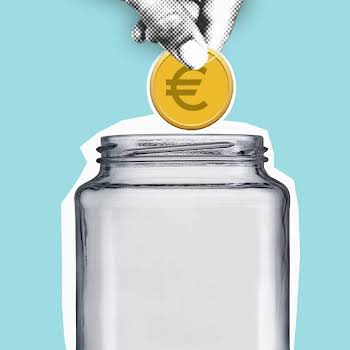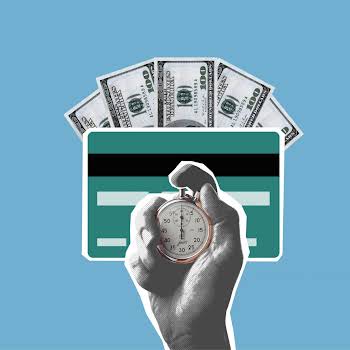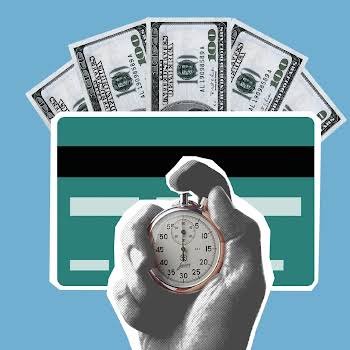By Jennifer McShane
07th Apr 2024
07th Apr 2024
Sometimes, the small things can really add up, which can be a huge help when it comes to saving money.
As a woman in her early thirties who only really grasped the concept of saving (and exactly how difficult it is) in the last year, my futile attempts to save even the smallest amounts used to always fill me with a sense of dread.
However, this year, good saving habits are the one thing I tried to start the year off with – and, for the most part, I have been successful. Given that I’ve been saving solidly for the past number of months, here are the little things I’ve found to be most helpful.
1. Have a goal in mind
This isn’t just true when you want to save an extra few quid to avoid running your overdrafts dry, but of saving in general. I have learnt the hard way; saving for saving’s sake never works. Set a goal.
Advertisement
Maybe it’s to save €30 extra to treat yourself to the one item you’ve been eyeing in the sales; perhaps you want to have a fully-funded emergency fund (generally about three months’ wages) by the end of the year. Maybe you want to take a dream trip to Paris next Christmas. These goals are achievable, and often, it just takes a few small tweaks to save big.
2. Keep up Dry January (even in moderation)
The average Irish adult drinks the equivalent of eight pints of beer a week, around €40 in terms of pub prices. Start now, and you could have saved over €100 by the end of the month if you want to save especially hard for your first holiday of the year.
3. Raid your fridge, freezer and presses
Before you go out and do a big food shop, do a clear out of your presses, freezers, and fridges. These can become backlogged with stuff you forget about and never use. Eat up all those odds and ends, it will cut down your grocery bill as well as clear out space.
You may even discover a new favourite weeknight meal – try looking up new recipes online that make the most of your mix of ingredients. The trick to making this a money-saver is to use what you have, not buy extra ingredients in the process.
4. Start a ‘make your own lunch’ month
Before I went freelance, I often spent around €40 a week eating lunches out during office breaks. It seems mad money to throw away, looking back. To save those pennies when funds are typically very tight, why not make the extra effort to make your lunch? Or, you can try batch-cooking and using the excess from your evening meals for your lunch the next day. If you spend around €25 per week, you could have almost €100 saved by the end of the month.
5. Cut down on those little luxuries
Life is too short to do this forever, but if your indulgence is take away coffee, for example, scrap it just for the next couple of weeks. All those cups per week add up to quite an amount if you tally receipts up at the end of the month. Do your bit for the environment at the same time by getting a reusable cup and bringing your own coffee in every day.
Advertisement
6. Take your bank cards off your online accounts
I was forced to do this after I became Amazon’s best customer, and the same with iTunes’ ‘in-app purchases’ on their app store – I was billed a fortune, and I had completely forgotten I’d spent a thing. A simple fingertip ID and we can practically purchase anything we want.
Because of this, you might fall into the trap of shopping without thinking about what you’re buying or how much you’re spending. When you have to get up off the couch, find your card, and type in the numbers, you might think twice before you buy.
7. Don’t bring your bank cards with you when you shop
A tip my friend told me was that he takes out the cash he needs for the week and just uses that on day-to-day essentials. Leave the cards behind, and you’ll be far less tempted to impulse purchase as you think more about what you buy when you have to physically hand the cash over.
8. Save every €5 note you get this month
Does anyone else crumple up those €5 notes and forget about them? A tip I was given, was to save the small notes in a separate compartment of your purse. At the end of the month, count up what you’ve tucked away and make a trip to the bank to deposit into your savings account. Handy, no?
9. Set up a small savings standing order
The key to successful saving, if you find you always struggle, is to start small. Start a standing order of even €20 to go into a savings account each week, and you’ll be surprised at how quickly this adds up – plus it’s such a small amount, you’ll hardly notice it leave your account.
10. Do a money diary
I did this for just a week, and I was shocked at how much I spent on snacking while out, for example. Track your spending for a week, writing down every penny that leaves your purse and current account cards. At the end of the seven days, take a look at your findings — you might be surprised how much you’re dropping on seemingly little purchases.
Advertisement
Seeing just how much you’re really spending (instead of your best guess) is the first step in figuring out where, and how, to make changes that will help you save more all year round.
This article was originally published in December 2021.























